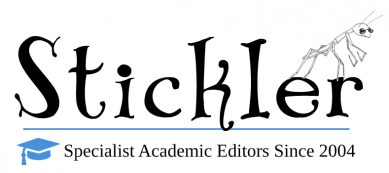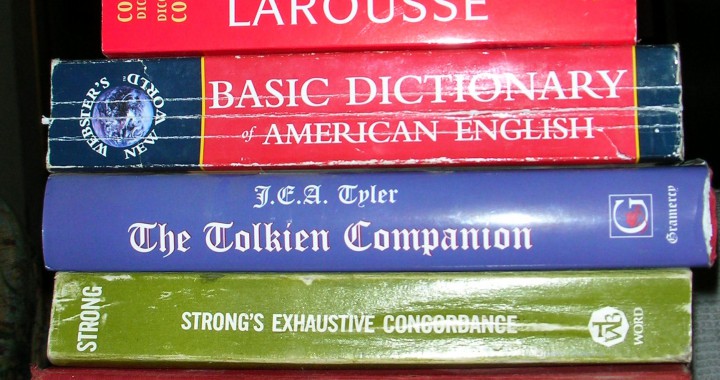You’ve spent hours on researching and writing that dissertation or journal article. But all that effort is wasted if there are typos, misspellings, and punctuation mistakes, and it’s even worse if you haven’t made your point quite clear or defended your thesis fully.
There’s only one thing left to do: Find a good academic editing service.
Out of the thousands of results, which one should you choose?
First thing’s first. We think it’s better to use a company than to have a friend or family member edit your work.
We’re not trying to knock having someone do the editing on an informal basis, because there are many amazing individuals out there who can add value to your project. However, if your work needs anything beyond a cursory check for spelling and grammatical mistakes, an academic editing service may be a better option for you. A reputable service will have vetted the editors for you in advance and can guarantee a certain level of expertise and quality. Plus, you know you’ll have follow-up support if you need it.
In addition, high-quality academic editing services can offer rush delivery and quick turnaround times if your deadline is looming. Established editing services also have the flexibility to handle payments through several channels, and can provide instant quotes.
Once you’ve got a list of academic editing providers that appeals to you, it’s time to narrow them down. First, of course, it’s important to pick a service that falls within your budget.
But you should also look deeper.
Look for firms that clearly highlight having had years of experience in editing and proofreading, and specifically in academic work, since this is a very specialized type of editing. Since you’ll have done all the technical and content legwork they don’t need to have extensive knowledge about your subject, but they definitely need to be well-versed in academic standards and conventions.
For academic editors, it’s also important that they’re experienced with the style manuals and citation styles (APA, MLA, Harvard, Chicago/Turabian, etc.) your school or discipline follows. If the academic editor also offers formatting, that’s a plus.
A great academic editing service should give you the level of service you need to get the language and formatting up to academic/publishing standards. (Full disclosure: Some companies only offer a basic spelling and grammar check, but not checks for style, consistency, flow, clarity of argument, and so on. We here at Stickler, on the other hand, are pleased to offer all of this—and more—as part of our core service.)
Last but not least, the firm you choose should be personable. This isn’t always a priority for people looking to have their papers edited and proofread online, but it’s important to feel comfortable with the firm that is providing you with this service. They’ll be more likely to understand your needs and the parameters of your project, and you’ll feel more comfortable asking for exactly what you want. A good editor should suggest edits and track changes, and an even better one will take the time to identify areas that are in need of further development, additional source material for credibility purposes, and so on.


